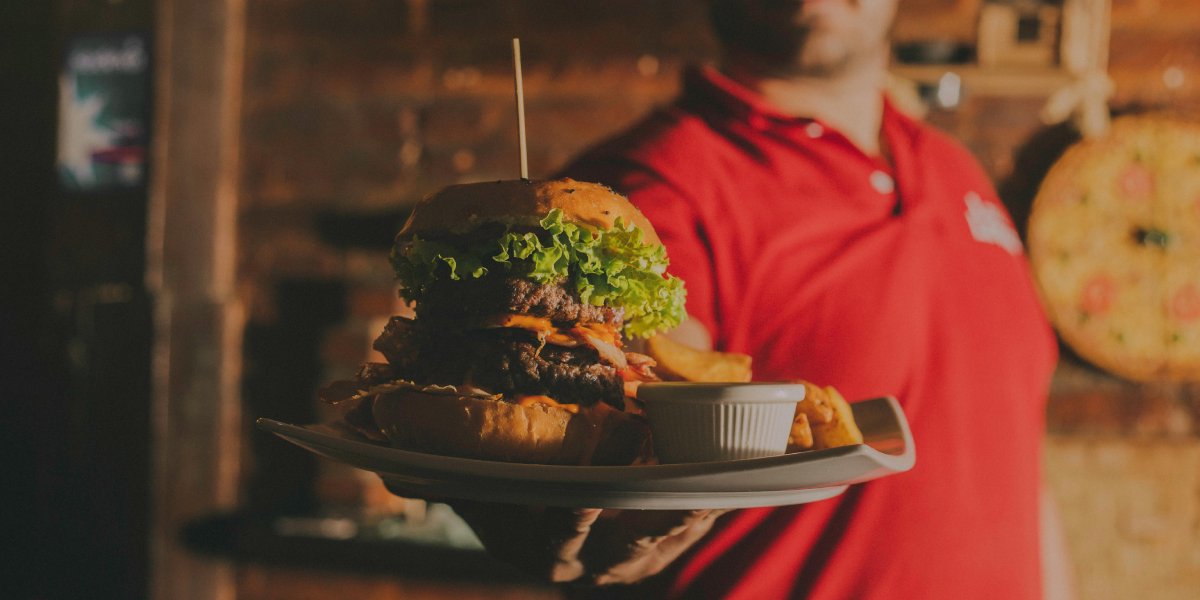Restaurant Brands Come Back for Seconds

By Mark Seavy
Once known for their sumptuous salad bars, inexpensive steaks, half-pound hamburgers, and animatronic bands, several storied casual dining brands are being revamped and relaunched.
Some of these restaurant brands have been closed for years, but social media is rekindling consumer interest. In those cases, a relaunch also means outfitting the brand for the digital age and exploring licensing opportunities.
For Steak & Ale, which liquidated and has been closed for 16 years, franchisee Endeavor Holdings opened a new location earlier this month in Burnsville, MN. That launch was helped in part by a “Steak and Ale’s Comeback” Facebook group that was formed in 2013 and has 55,000 members.
Endeavor has a franchise for 15 locations across the mid-west under an agreement with Legendary Restaurant Brands. Legendary bought the Steak and Ale brand in 2015 after the chain’s owner, S&A Restaurant Group, filed for bankruptcy and liquidated in 2008. Legendary also bought Bennigan’s, which peaked at more than 200 restaurants, and has launched 10 franchised locations across six states (as well as 15 full-service restaurants in international markets).
Then there is the 400-restaurant Chuck E. Cheese chain, which emerged from bankruptcy after the pandemic. It is revamping its locations with plans to phase out its animatronic band in all but five locations as it works to appeal to more digitally inclined children.
“If consumers see a brand reopening and it is presented in a way that the consumers are being reintroduced and re-engaged, it doesn’t matter how it is organized [in terms of being company-owned or franchised],” said Jeff Dotson, VP of Strategic Brand Licensing and Partnerships at Valens Group, which represents the Red Robin and IHOP restaurant chains for licensing. “But the business can be hit and miss. It is like being in the fashion industry where, if your image and designs catch on suddenly, you have a viral moment. They must push the media and pop culture and then have some signature items in the restaurant.”
Maintaining interest in a restaurant can be difficult, not to mention reigniting excitement about a restaurant brand after a multi-year absence. And where licensing sits within that strategy isn’t always clear as new owners deal with the day-to-day operations.
The 86-restaurant Benihana chain, famed for meals theatrically prepared by knife-wielding, joke-telling chefs at a teppanyaki table, closed 60 locations earlier this year shortly after being sold to One Hospitality Group, which also operates the STK and Kona Grill chains. And the Ponderosa and Bonanza steakhouses, which previously had licensing programs, have dwindled from 700 locations at their peak to just 16 locations as of June.
“The problem for licensing is it is a crowded retail marketplace already and you need a compelling reason for being—and those legacy brands don’t always have it,” said Bill Cross, SVP of Business Development at Broad Street Licensing Group. “If you haven’t been around for 20 years, who remembers you and what is the selling point? You have to have some unique core items or characters that will make people excited.”
For Legendary, the challenge will be playing to customers’ nostalgia for Steak and Ale and Bennigan’s in order to reconnect with diners.
“Customers develop very strong emotional connections, and emotional connections in the business world equal revenue,” Legendary CEO Paul Mangiamele told FSR Magazine. “The ability to create high-revenue restaurants in a day where there is a lot of failures and not a lot of successes, speaks volumes for the emotional connections created so many years ago.”




